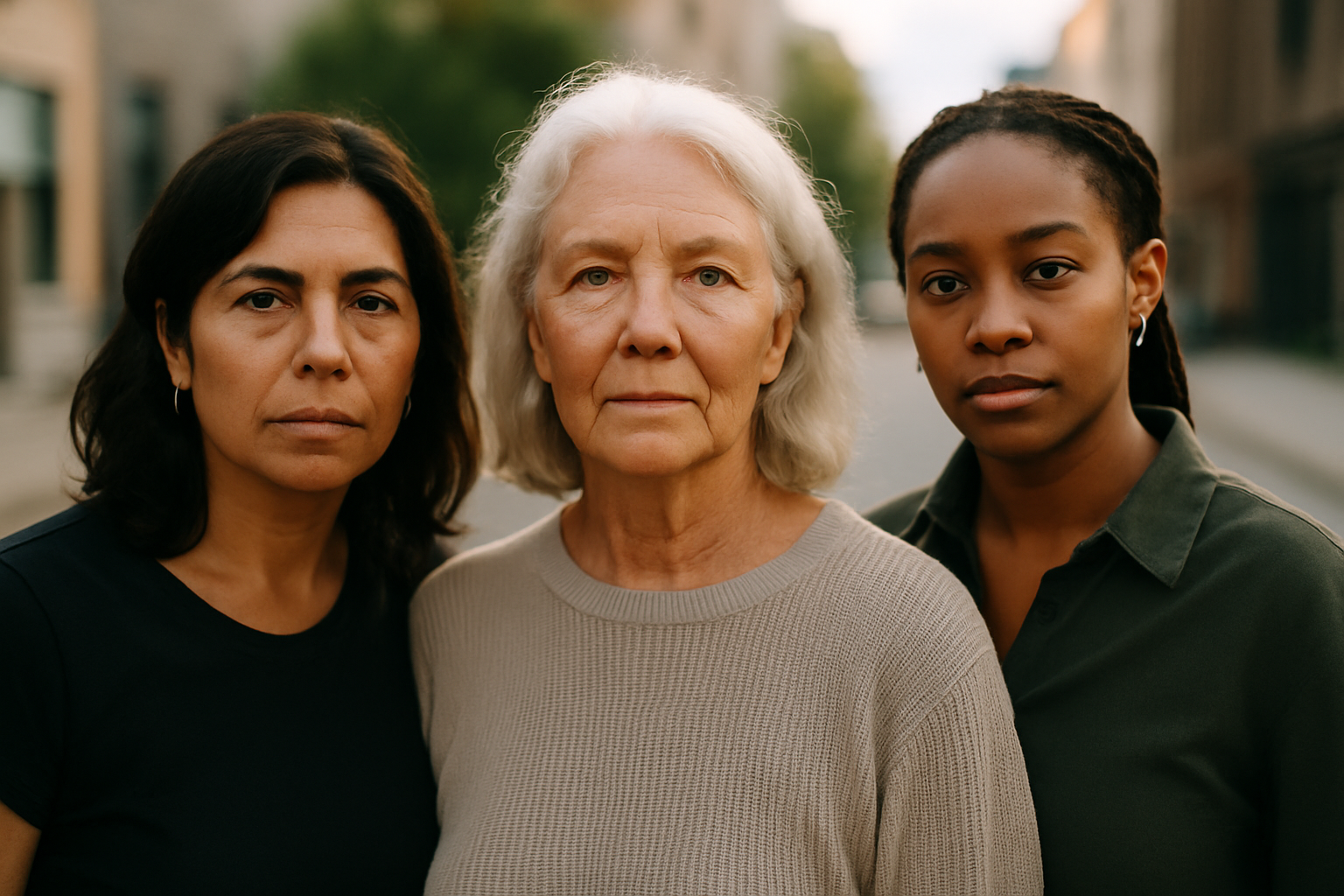The Problem With How We Define Power
When men argue that they are “superior” because they could overpower women in a fight, they reveal more about their worldview than about reality. To them, superiority means destruction. It means survival of the fittest, even if that “fitness” is only measured by brute strength. But this is a narrow, violent definition of power. And it says nothing about humanity.
By that same logic, weapons would be considered the most superior form of life. A gun could “win” against a human being every time — yet no one would argue that a weapon is superior to its wielder. Measuring worth by capacity for harm strips away the very qualities that define civilization: cooperation, imagination, empathy.
Violence Is Not the Benchmark of Worth
History shows us what happens when societies worship physical dominance: conquest, colonization, oppression, endless wars. If superiority is defined by who can cause the most harm, then we are celebrating the very forces that keep humanity trapped in cycles of violence.
Wanting to dominate women physically doesn’t prove superiority — it proves insecurity. It reveals a lack of imagination for what strength could mean. Violence may silence, but it does not build. It may destroy, but it cannot sustain.
A Different Measure of Strength
What if superiority meant improving lives, not ending them? What if it meant promoting peace, raising communities, and creating art, science, and justice? By those measures, women — who have historically carried societies on their backs while being denied recognition — embody a strength that goes beyond the physical.
Consider unpaid care work, often dismissed as “natural” women’s duty. The World Bank estimates that if this labor were counted in GDP, it would contribute trillions annually to the global economy. And yet, it remains invisible. This isn’t weakness — it’s quiet, relentless strength.
Or look at resilience. Women, especially those in marginalized communities, have had to adapt, survive, and innovate in conditions of systemic inequality. That survival is not passive. It is active proof of power.
Reclaiming Humanity as Power
If violence is all men can offer as proof of their superiority, then it’s not superiority at all. Humanity, empathy, creativity, and resilience — these are the true markers of strength. And in that light, the claim of male dominance looks less like power, and more like deviation from what makes us fully human.
When superiority is defined by domination, everyone loses. But when it is defined by who uplifts, who creates, and who protects — we begin to recognize a truth that has always been there: women are not inferior. They have been superior in the very qualities that allow humanity to survive.
A Final Reframe
To those who believe superiority is proven by a fight: reflect on what you’re really saying. Violence does not require strength, only force. But peace, compassion, and vision — those require true power.
Superiority isn’t about being the last one standing. It’s about ensuring everyone stands together.

